Filter by
The language used throughout the course, in both instruction and assessments.
Choose the Computer Vision Course That Aligns Best With Your Educational Goals
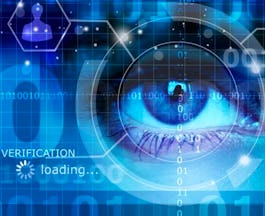
Skills you'll gain: Computer Vision, Deep Learning, Machine Learning, Machine Learning Algorithms, Artificial Neural Networks, Visualization (Computer Graphics), Algorithms, Applied Machine Learning, Machine Learning Software, Python Programming, Computer Programming, Data Science

Columbia University
Skills you'll gain: Computer Vision, Mathematics, Algebra, Algorithms, Computational Thinking
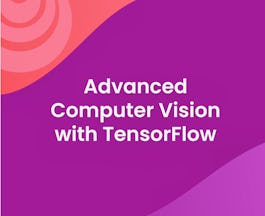
DeepLearning.AI
Skills you'll gain: Artificial Neural Networks, Computer Vision, Deep Learning, Machine Learning, Tensorflow, Machine Learning Algorithms, Machine Learning Software, Computer Graphic Techniques, Human Learning, Python Programming
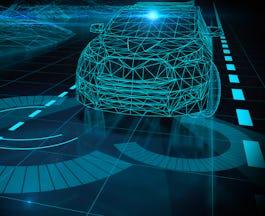
University at Buffalo
Skills you'll gain: Computer Vision, Matlab
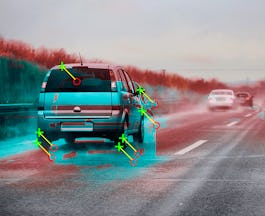
Skills you'll gain: Computer Vision, Matlab, Machine Learning
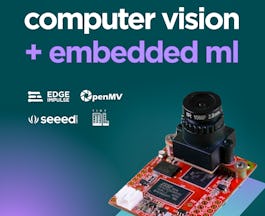 Status: Free
Status: FreeEdge Impulse
Skills you'll gain: Algorithms, Artificial Neural Networks, Computer Vision, Deep Learning, Machine Learning, Machine Learning Algorithms, Machine Learning Software, Computer Programming, Python Programming

DeepLearning.AI
Skills you'll gain: Machine Learning, Deep Learning, Artificial Neural Networks, Machine Learning Algorithms, Applied Machine Learning, Python Programming, Machine Learning Software, Network Model, Algorithms, Computer Programming, Computer Vision, Network Architecture, Natural Language Processing, Tensorflow, Human Learning, Data Analysis, Data Model, Exploratory Data Analysis, Process Analysis, Mathematics, Mathematical Theory & Analysis, Linear Algebra, Regression, Calculus
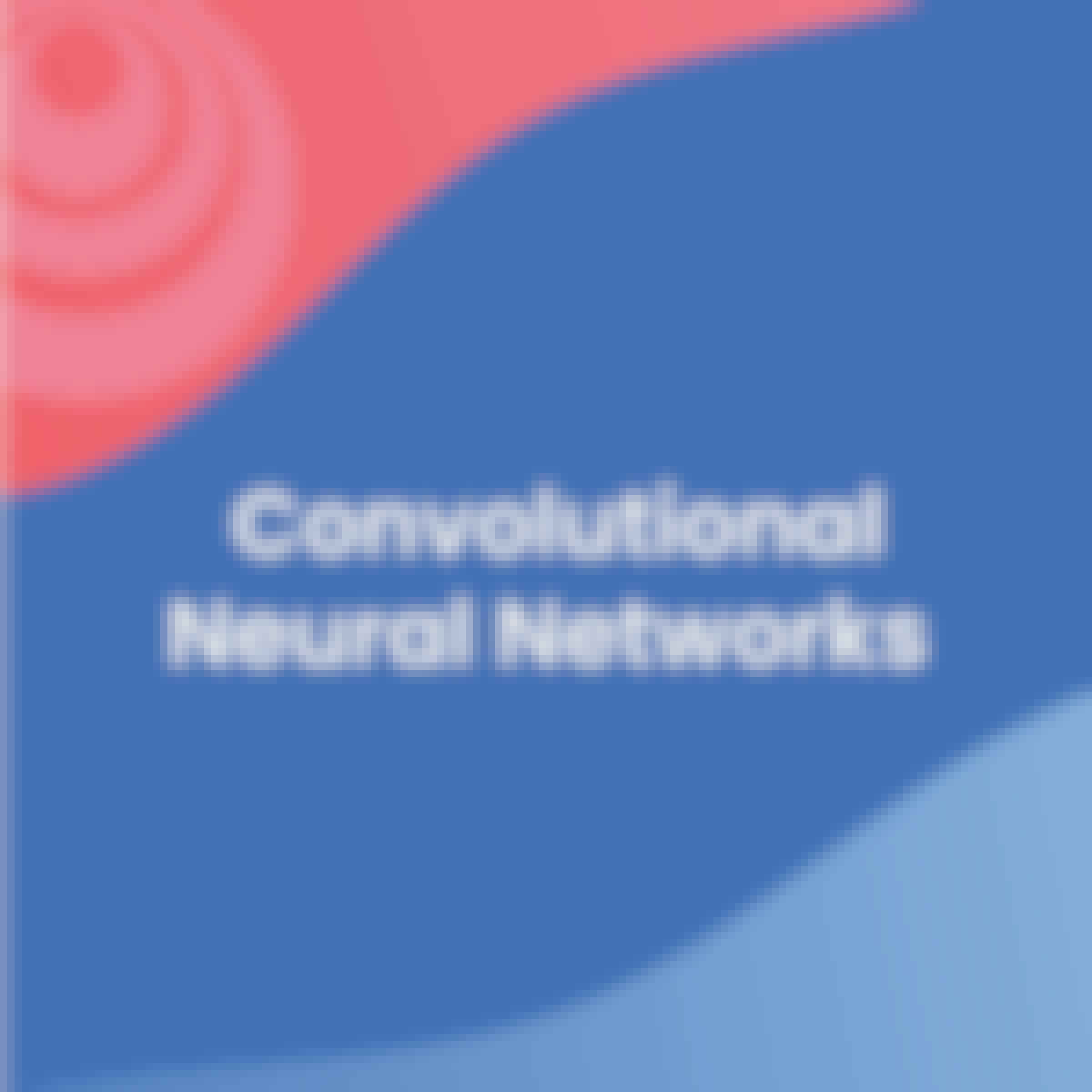
DeepLearning.AI
Skills you'll gain: Artificial Neural Networks, Computer Vision, Machine Learning, Applied Machine Learning, Deep Learning, Machine Learning Software, Machine Learning Algorithms, Network Model, Tensorflow, Network Architecture, Human Learning

Multiple educators
Skills you'll gain: Machine Learning, Machine Learning Algorithms, Applied Machine Learning, Algorithms, Deep Learning, Machine Learning Software, Artificial Neural Networks, Human Learning, Python Programming, Regression, Statistical Machine Learning, Mathematics, Tensorflow, Decision Making, Critical Thinking, Network Model, Reinforcement Learning

University of Toronto
Skills you'll gain: Algorithms, Machine Learning, Python Programming, Computer Programming, Mathematics, Theoretical Computer Science, Estimation, Mathematical Theory & Analysis, Probability & Statistics, Applied Machine Learning, Computer Vision, Software Engineering, Computer Programming Tools, Critical Thinking, Problem Solving, Strategy and Operations, Systems Design, General Statistics, Linear Algebra, Probability Distribution, Regression, Artificial Neural Networks, Planning

Columbia University
Skills you'll gain: Computer Vision, Mathematics, Algebra, Algorithms, Computational Thinking

Skills you'll gain: Matlab, Data Visualization, Computer Graphic Techniques, Computer Vision, Scientific Visualization, Visualization (Computer Graphics)
Searches related to computer vision
In summary, here are 10 of our most popular computer vision courses
- Introduction to Computer Vision and Image Processing: IBM
- First Principles of Computer Vision: Columbia University
- Advanced Computer Vision with TensorFlow: DeepLearning.AI
- Computer Vision Basics: University at Buffalo
- Computer Vision for Engineering and Science: MathWorks
- Computer Vision with Embedded Machine Learning: Edge Impulse
- Deep Learning: DeepLearning.AI
- Convolutional Neural Networks: DeepLearning.AI
- Machine Learning: DeepLearning.AI
- Self-Driving Cars: University of Toronto










